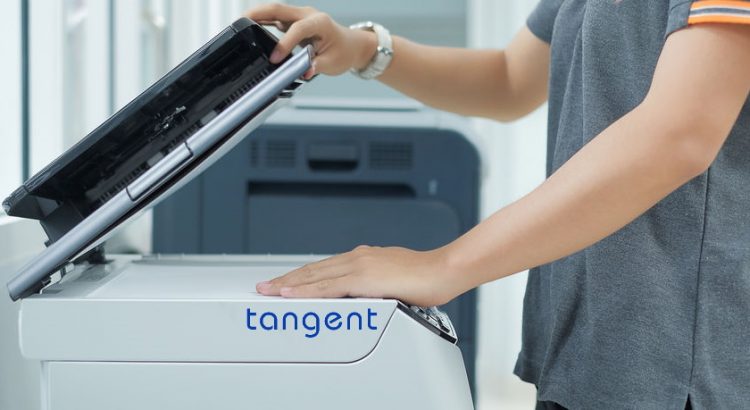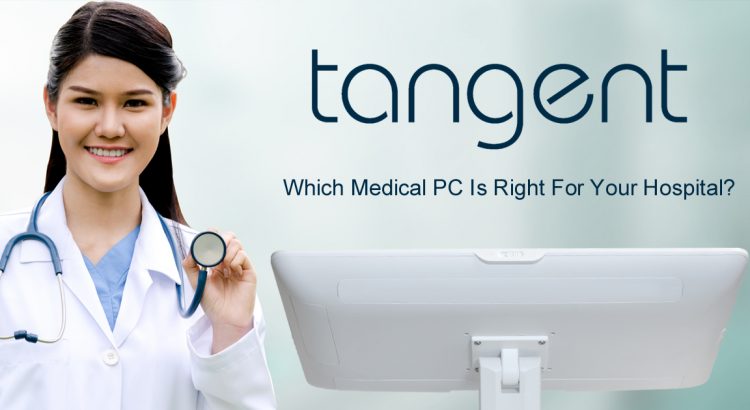There are many things to take into consideration when it comes to choosing the right medical PC for your hospital. Medical computer requirements in a hospital are as varied and distinct as the staff that occupies it. The reality of the matter is that the demands of being a anesthesiologist differ widely from those of […]
Tag: hospitals

Why Hospitals Rely On Fax Machines, And How They Can Advance With Medical Computers
If you wanted to buy something off your favorite online shop, and the only way to get your receipt was via fax, would you still buy it? Chances are you would, but forgo collecting your receipt altogether. The matter of the fact is that fax machines are (and have been) outdated for decades. But despite […]
